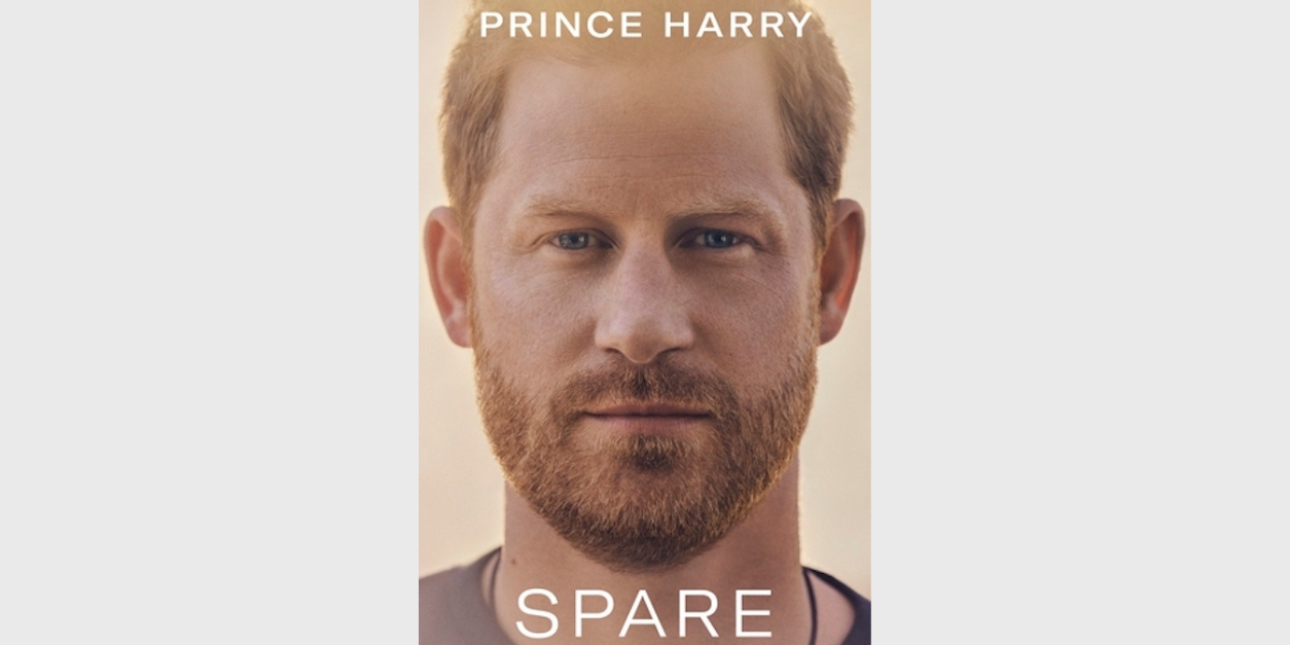Prince Harry's 'Spare': a naïve media strategy?
A gatekeeper approach to the publication and publicity of the book has allowed every hostile commentator and media outlet to pick up its most unflatteringly sensationalist passages…
Having now read Spare (for my sins) I feel vindicated in my estimation about the editorial miscalculations riddled throughout. But having more context, I feel even more strongly that naïve media strategy had a big part to play in the negativity around it.
Whoever is advising Harry failed to understand two basic truths about the media:
Releasing information to the media is not a neutral act. Media outlets will not simply report information as they receive it, but rather it will be filtered – albeit largely subconsciously – through a hundred news values and editorial agendas before it sees the light of day.
The USA and the UK are substantially different in that regard. US publicity machines are far more controlling and gatekeeping, and US celebrity and entertainment media far less driven by ‘big P’ political agenda – with the possible exception of Fox News – than in the UK. Over here communications professionals understand, and get regular reminders, that the editors and journalists are in charge.
This lack of anticipation of how snippets of the book – leaked or happened upon – would likely be reported by major media outlets, especially in the UK, leads me to suspect that Harry’s advisors are more Hollywood than Fleet Street.
Rather than working against the tide by flooding the market with the most favourable exclusive excerpts from Spare, and heavily briefing individual outlets on the context in which the book reflected their own editorial values, this naïve, North American gatekeeper approach to the publication and publicity of the book has allowed every hostile commentator and media outlet to pick up its most unflatteringly sensationalist passages, and nuance any potentially advantageous passages to fit their own, anti-Harry agenda.
This misjudgement was compounded by the disaster of the book being available in Spanish, with the act of having to hastily reverse-translate the most salacious passages leading to misinterpretation, even misinformation being fed to an already sceptical, often hostile audience.
So too the timing of publication, so close to the relatively restrained but much-publicised Netflix documentary. As comparatively low-key as the doc was, it was global news and just polemic enough to make Harry a target for his enemies. There also seems to have been a clumsy lack of narrative consistency between the documentary and book that gave critics further ammunition in the form of minor but gleefully exposed inconsistencies.
It all just adds to the consensus that this is a guy who’s been underserved by the people around him; if the book launch is any indicator, the list of culprits is almost certainly the communications professionals.
Mark Borkowski is the founder of Borkowski communications agency. This post first appeared on Mark's LinkedIn channel. Follow Mark on Twitter @MarkBorkowski.
Main image by Penguin Books.

